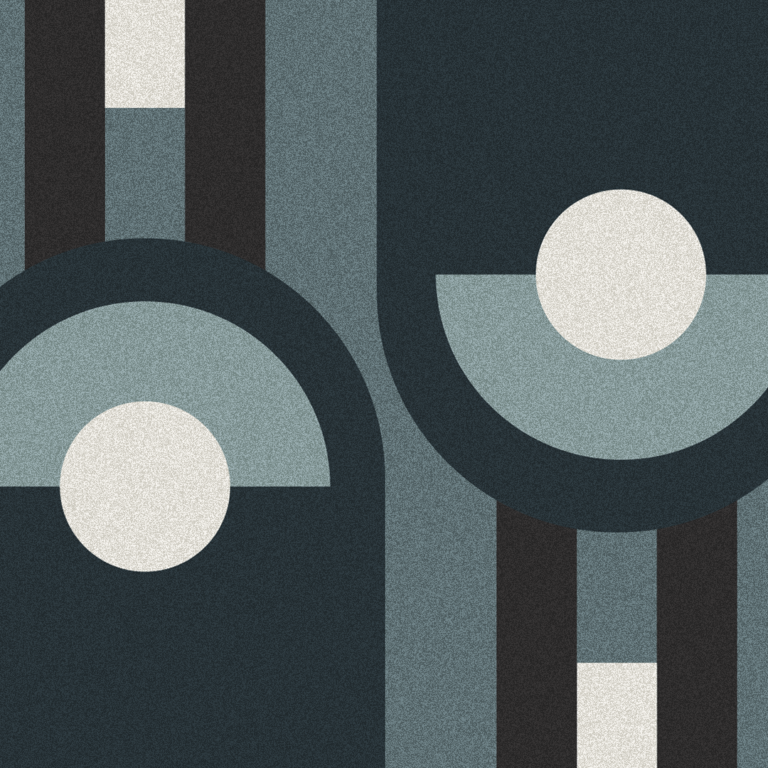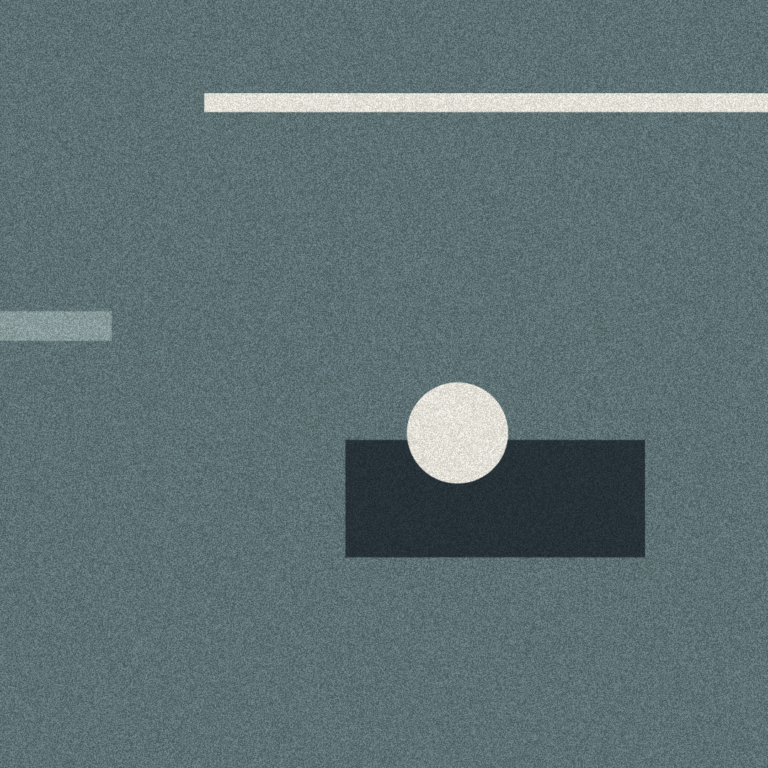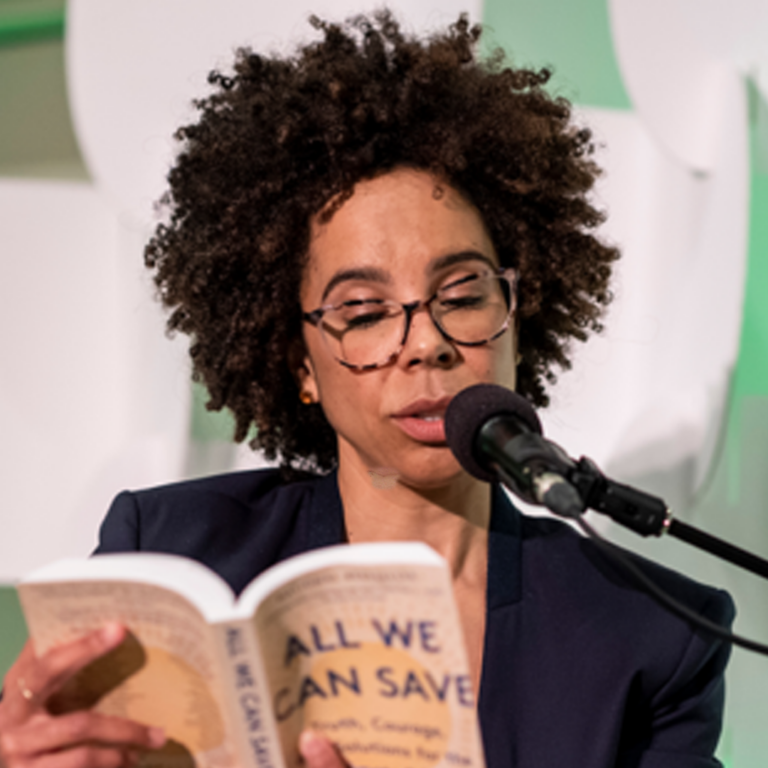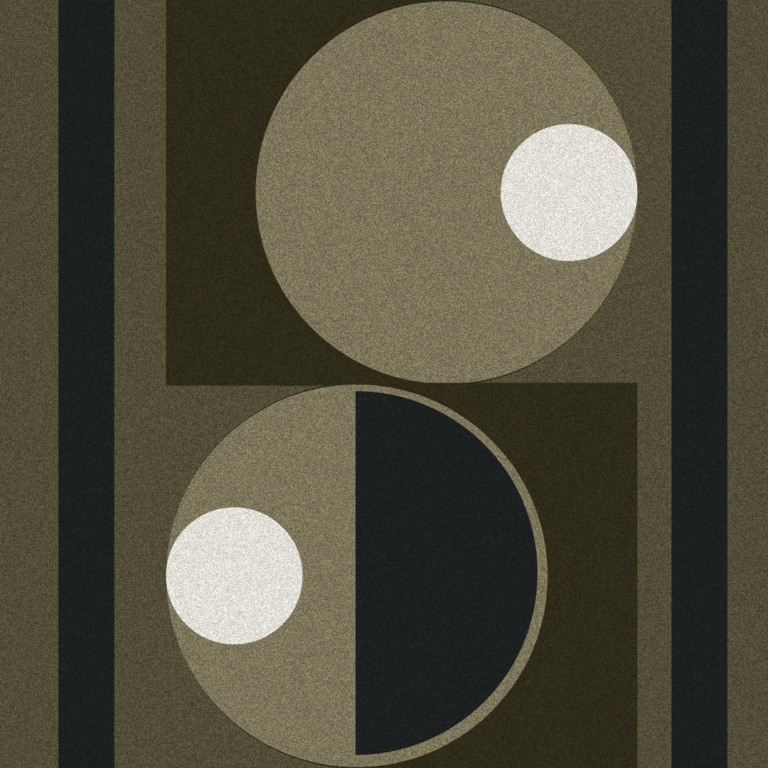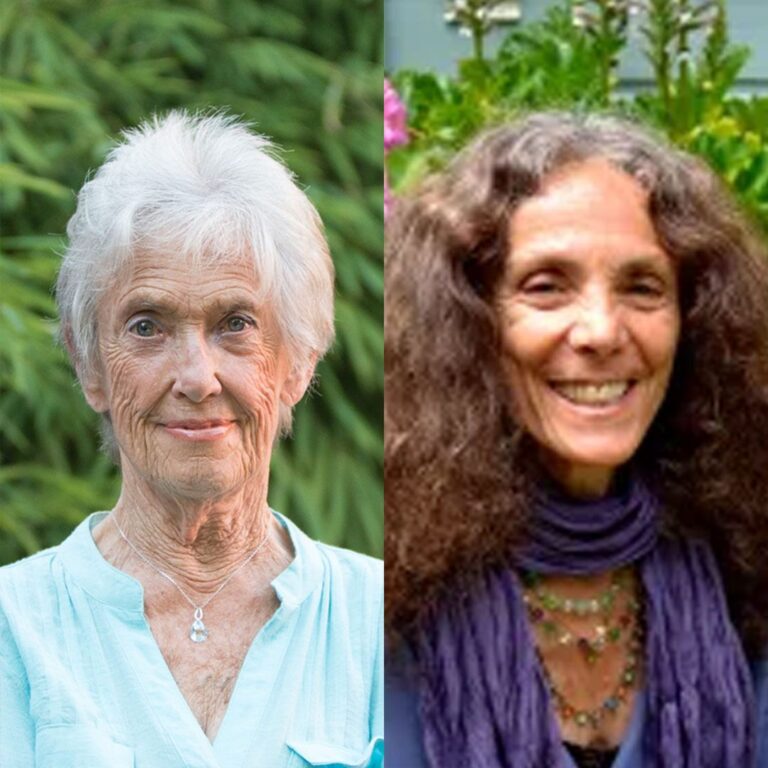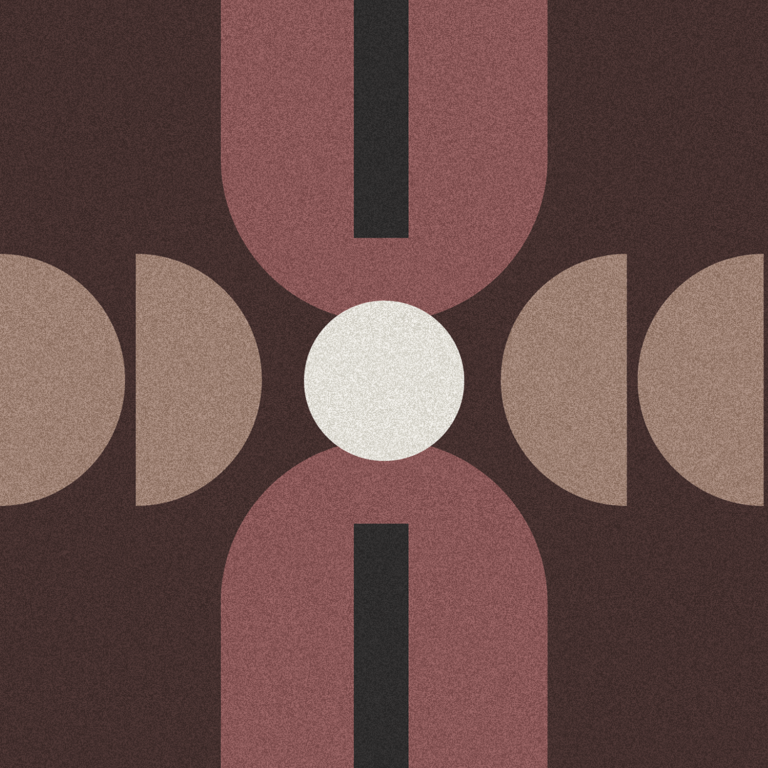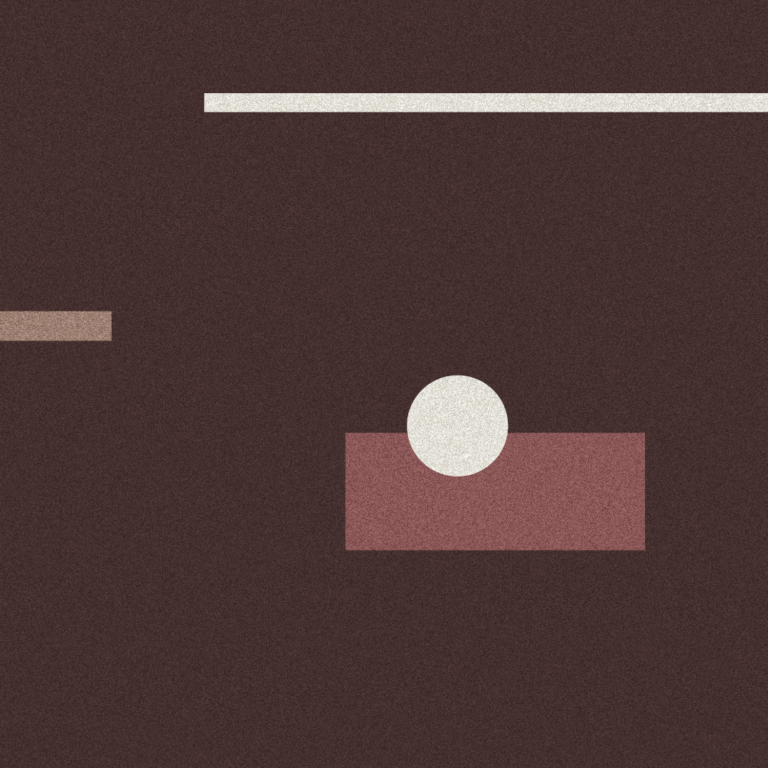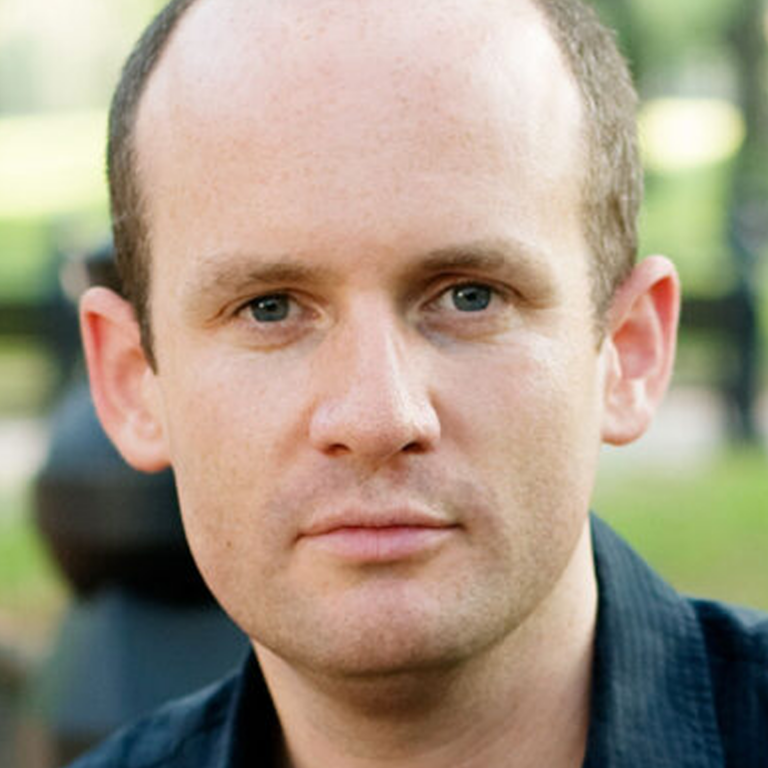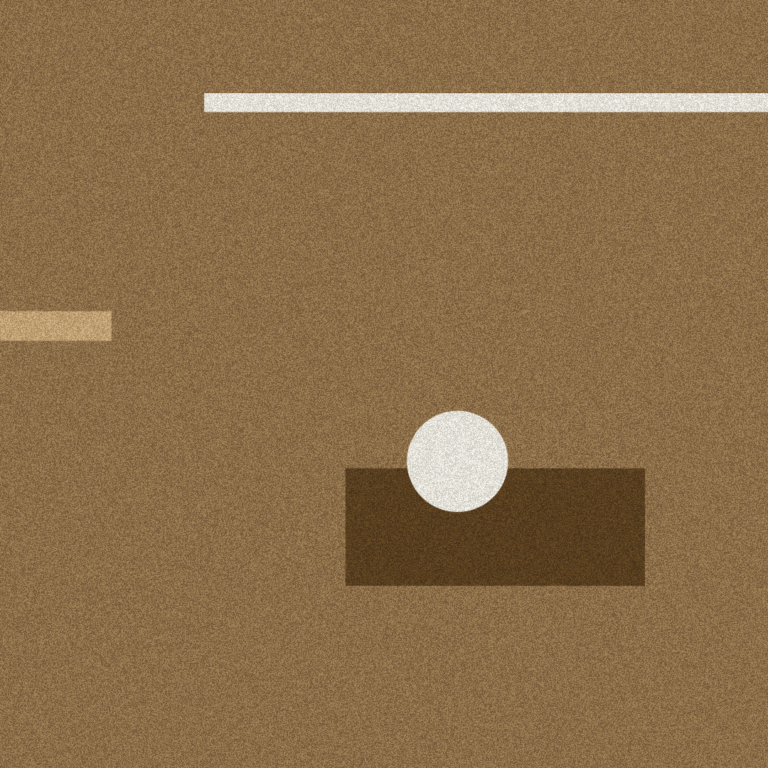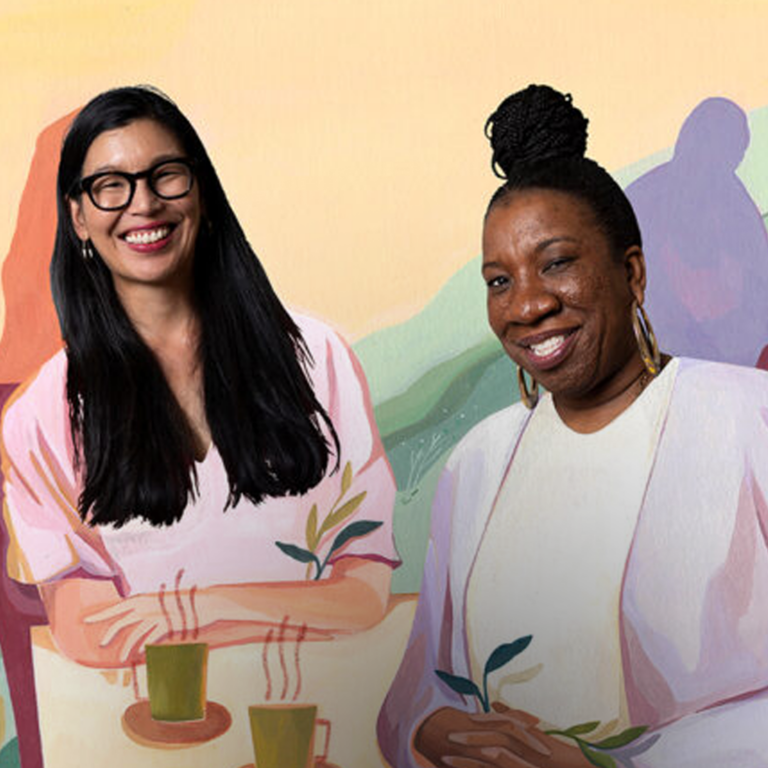Wisdom Retreats > Foundations for the Art of Living
This is a small series about some of On Being’s foundations for the art of living: life-giving, hope-generating ways of naming and approaching that literally shape our experience of reality, and shape what can become possible.
These weren’t the foundation on which this work was built. They have emerged across 20 years of listening to wise guests and listening to our listeners and listening to the world. You might think of what follows as a few offerings of tethering understandings towards imagining and walking our way into our callings for now and the future.
First, that there is a generative narrative of our time, and it is as real as the destructive story that is better publicized. In this generative story of us, we can see ourselves and others rising to our humanity. It is possible to envision a future that we want our children to inhabit — all of our children — and to innovate the forms for that and build a life there.
Second, that even though we don’t have all the answers right now — or many answers — questions themselves are powerful tools for living and growing.
Third, we inhabit a liminal time between what we thought we knew and what we can’t quite yet see. But time is more spacious than we imagine it to be, and it is more of a friend than we always know.
Fourth, that there are callings for a life and callings for a time. And we are perhaps becoming equipped for nothing less than the possibility of wholeness — becoming whole human beings, creating whole institutions, inhabiting whole societies.
If you’re here right now, you’re already walking alongside everyone else on this landscape. If nothing else, the invitation of this series is to know that you are not alone, and to take more seriously the best potentials you already feel in yourself and see in your world, and to walk forward with some vocabulary and community and enlivening imagination for what is and what can be, as well as some new tools and sense of companionship.
